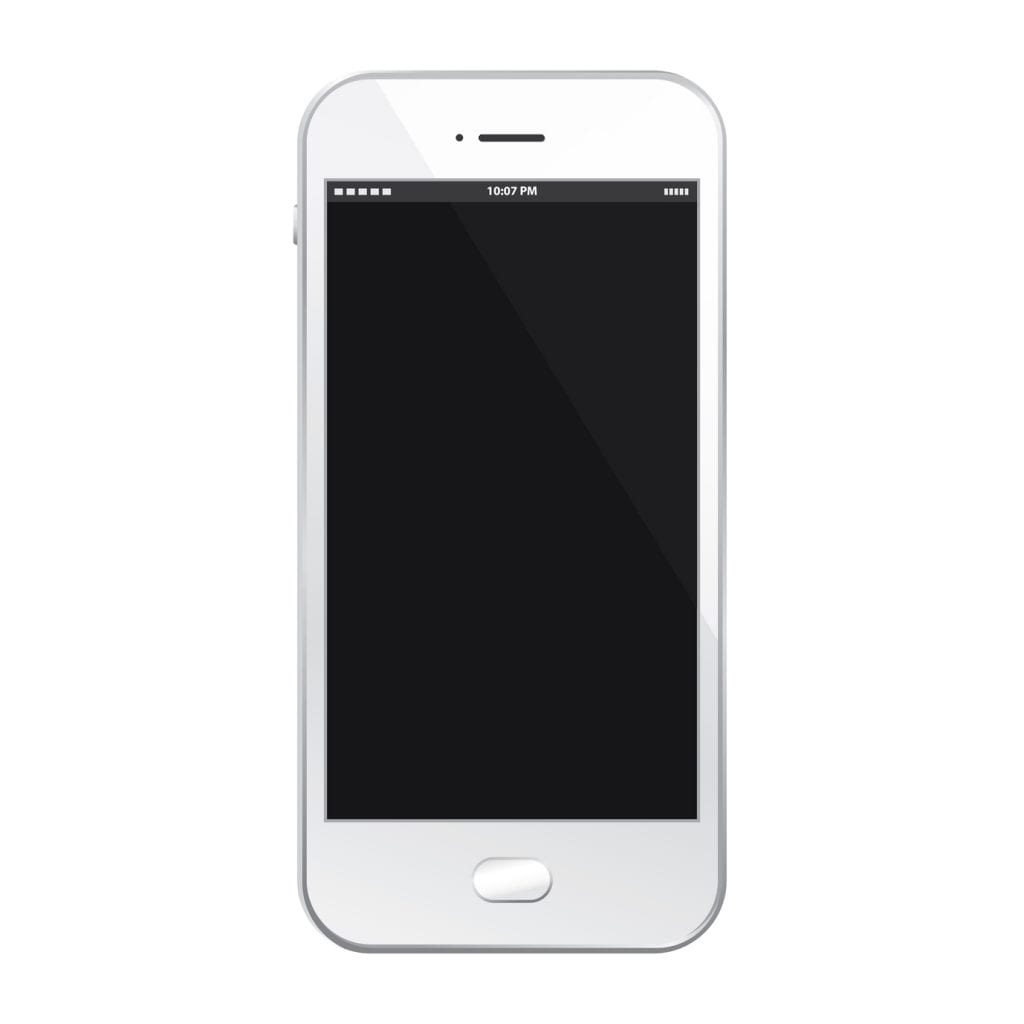Isis on Thursday finally announced that thecompany was embarking on a national rollout of its mobile wallet. Isay “finally” because the joint venture formed about three yearsago in Q4 2010.
Mobile payment products like Isis that feature network-brandedpayment products (Visa, MasterCard, American Express, or Discover)often highlight their broad usability compared to mobile walletssponsored by retailers like Starbucks and Dunkin Donuts. Focusingon universal acceptance might yet prove to be the more successfulstrategy, but it has put Isis in a somewhat awkward position.
The payments industry and the press have clung to the idea thatmobile wallets should enable consumers to leave their “real”wallets at home. In some cases, specific products have evenpromoted this theme. The image below, taken from a blog titled “Use Your Smartphone asYour Wallet” posted on a Verizon Wireless webpage, is just oneexample.
The problem lies not in the message but in execution. Currentlyabout 1 million merchant lcoations are equipped to accept Isispayments. One million is a significant footprint but certainly doesnot deliver the same degree of acceptance as any of the inidividualcard products that the application supports. In that sense, addinga bankcard to Isis greatly reduces the product’s utility.
It’s not unreasonable to expect consumers to download mobilepayment apps from a few of their favorite retailers. This isconsistent with the way the market for private-label cards hasdeveloped. But mobile wallets with only moderate or “not quiteuniversal” acceptance are bound to frustrate consumers at checkout.Today, cashiers frequently respond to contactless payments with aquizzical look, even at retailers that have appropriatepoint-of-sale hardware. Such issues will certainly limit adoption.Isis could be stuck in the awkward position between “broad”acceptance and “not broad enough” for as long as merchants delayinstalling contactless terminals. To ride out this period, Isiswill likely have to rely on consumer incentives from merchants andissuers to keep users active.
Indeed, the rollout is just beginning. Time will tell if thecurrent awkwardness is permanent or just a passing phase.
Follow Michael Misasi on Twitter @mikemisasi.
